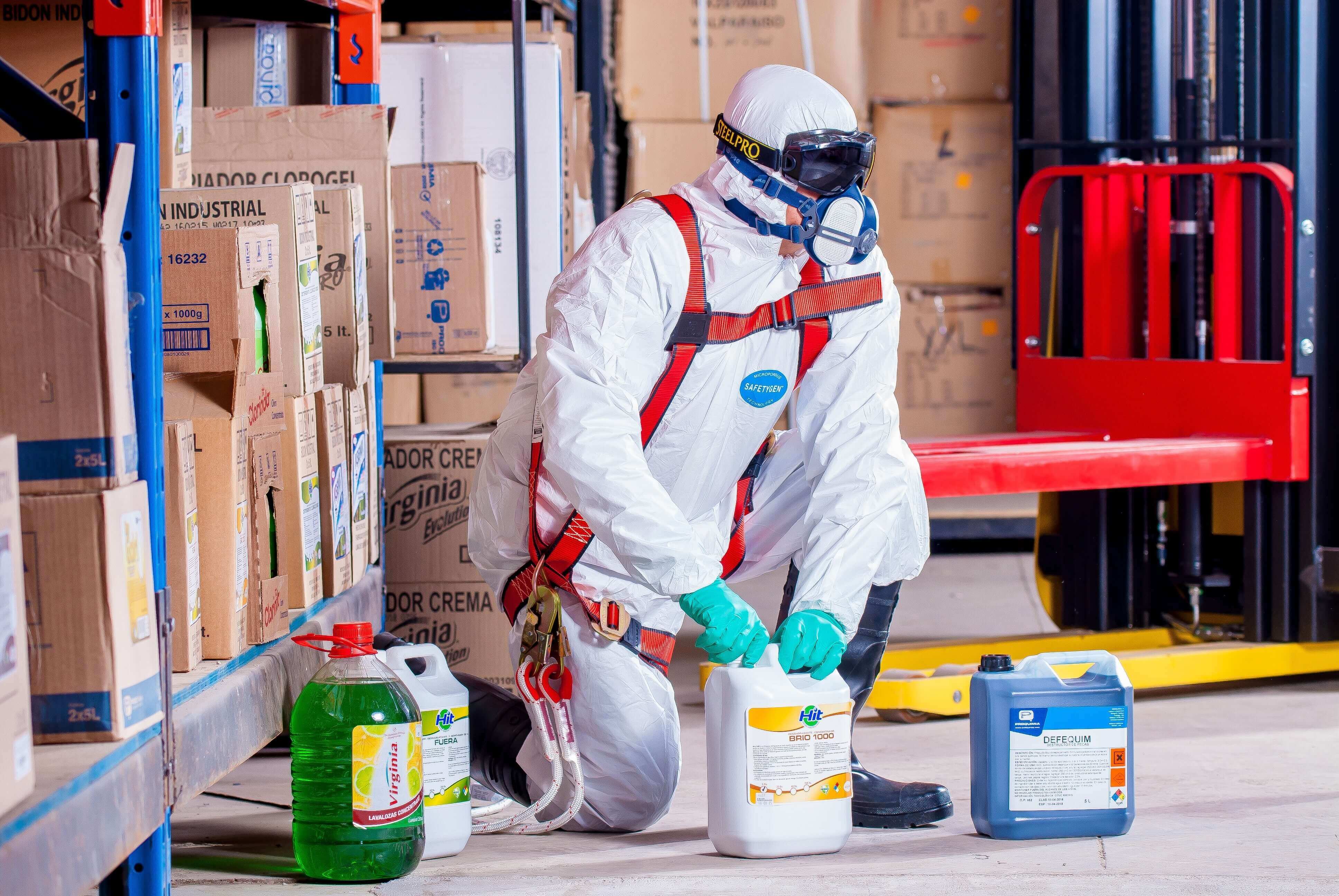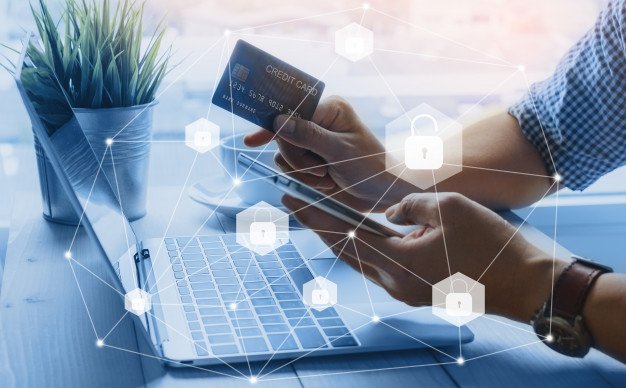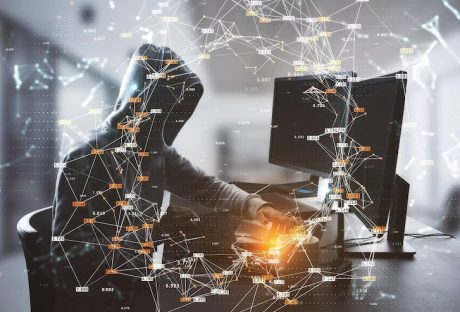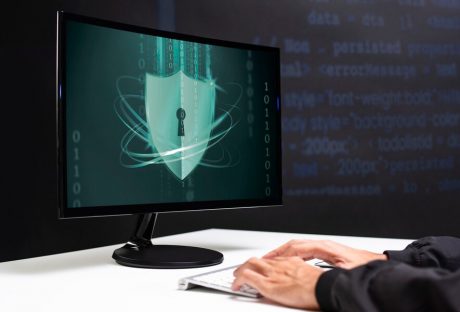Do you work with chemicals? While working with chemicals, do you take all preventive measures? Whether you have years of experience working with chemical spills or you are new to chemical handling, proper safety is vital. A spillage can happen at any time and can cause massive damage not only to the person handling the chemical but to the surroundings also.
Dangers Of Chemical Spills On Humans, Buildings, And Environment:
We will make you aware of the different dangers that are associated with chemical spillage.
Effects on Human Health:
The threat of chemicals varies from one type of chemical to another. Even their effect varies from person to person. But if we talk in general, the more the concentration of the chemical spill higher are the risks. Chemical spills can have some adverse effects on the humans.
Transferring chemicals without using safety equipment can even lead to loss of life. When a human body comes in contact with the corrosive chemical, you can suffer burns, damaged eyesight, and your respiratory system can also be harmed.
Some chemicals also have delayed effects. For example, if a person inhales asbestos accidentally, the chemical can show its effects years later in the form of lung cancer. Moreover, some of these substances are flammable and makes significant damage via fire burst.
Direct contact with these toxic substances is hazardous to health. They spread quickly and damage the tissue by getting absorbed through the skin.
Effects on Structural Buildings:
When a chemical spill occurs, it possesses immense damage to the property. The equipment can get fully damaged, or it can also make colossal destruction to the complete structure or the building. A fire can break out as a result of the chemical spill. If this happens, it causes massive damage to the building, and if workers are present, their life is also at risk.
Transferring chemicals without a secure liquid transfer pump can put both the operator and the property at risk if there is a spill. If a spill does occur depending on the chemical that was spilled workers may not be able to enter the facility until the spill or chemical is removed entirely which could prove costly for clean up and removal.
Whenever such a spill takes place in a building, the person cleaning the spill is also at risk. It is advisable not to make attempts for protecting property if there is a possibility of any damage to human health or life.
Effects on the Environment:
A chemical spills has a high impact on the environment. Spilled chemicals can run off into the water and cause considerable damage to marine life by making the water contaminated.
When these spills reach the soil, severe ecological damage can be observed. That further results in making the area not suitable for flora and fauna. As the chemical penetrates deep into the soil, it lets the plant absorb it during its growth period. It shows its disastrous results someone consumes these contaminated plants or crops.
Moreover, after penetrating deep into the soil, it reaches underground aquifers and spreads to a large area with the natural water movement. As the water tends to keep moving at its pace, it lets the toxic chemical keep spreading. When its effects are detected, it is difficult or also seems impossible to trace the origin or source from which it had spread
It doesn’t matter how carefully you handle the chemicals, spillage still happens. This is not the event that occurs rarely. So, it is advisable to use proper safety measures and make full proof, spill response plans to minimize the damage. It is also advisable to approach environmental protection agencies to clear the toxic sites from spills before the contamination spread to a broader region.
Read Also:






















